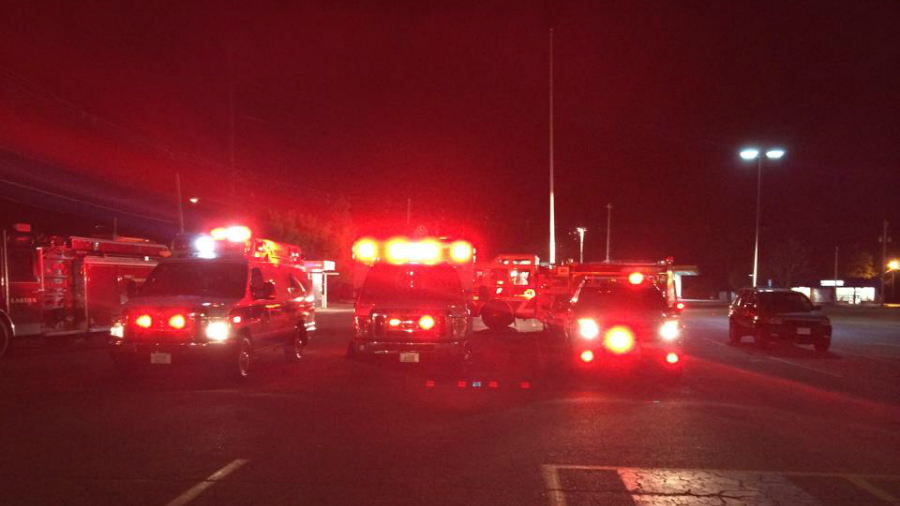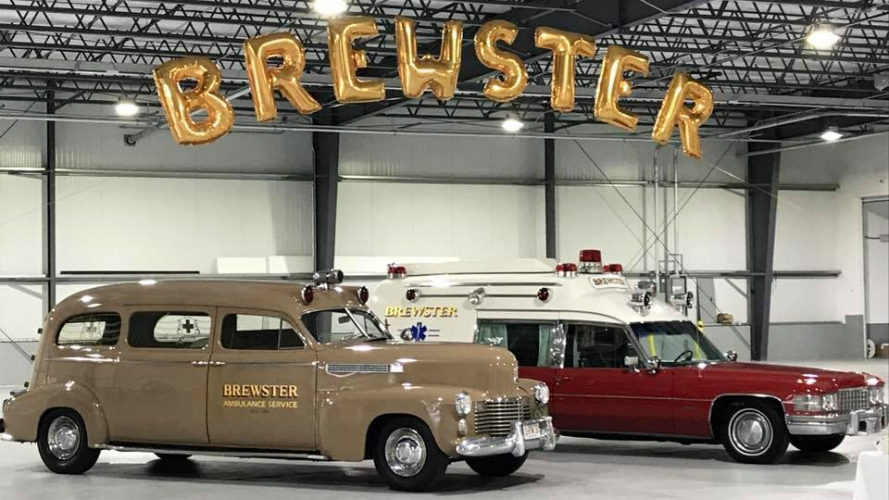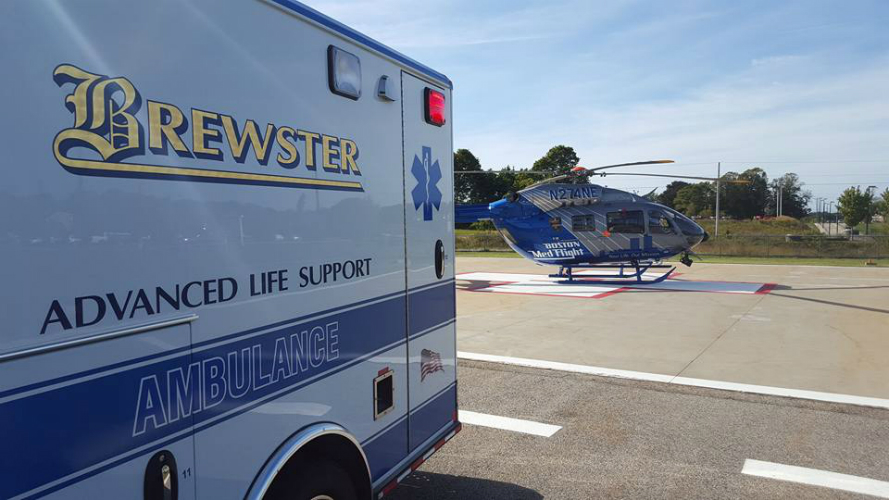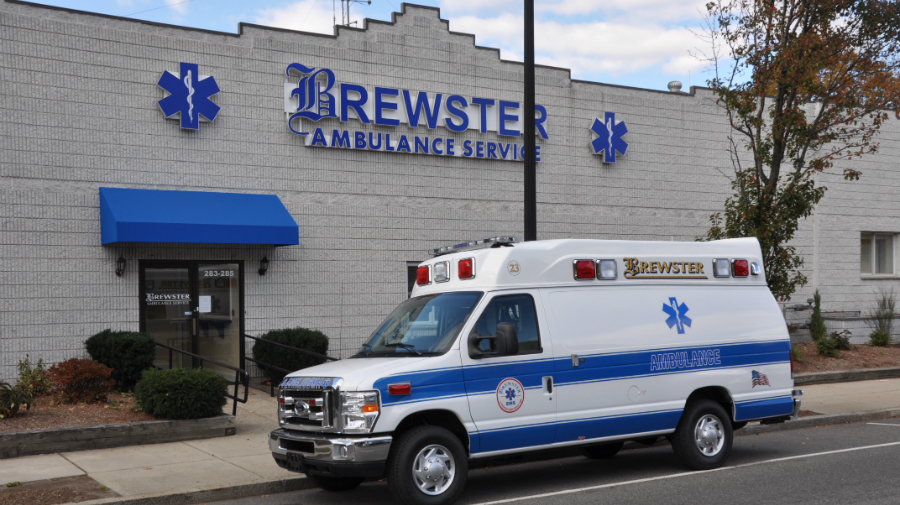“Alexa, what are the stages of acute alcohol poisoning?”
Interns in select Massachusetts and Rhode Island ambulances this summer won’t need seatbelts, or even seats. Brewster Ambulance Service, a private New England company based in Weymouth, Massachusetts, plans to test Amazon Alexa in ambulances for medical information assistance, The Boston Globe reports.
The connected voice assistants won’t be the primary reference source for ambulance-riding EMT’s. Instead, the oversized hockey-puck-shaped devices will serve as back up voice response units (VRUs) for ambulance personnel.
“Looking through the protocols can sometimes take first responders away from hands-on patient care like taking someone’s blood pressure,” Brewster’s clinical director Chris DiBona told The Boston Globe. “When you’re wearing medical gloves, you don’t want to be combing through a document on a computer.”
Ambulances carry extensive medical reference and procedure manuals. When first responders’ hands and eyes are dealing with someone in crisis, however, asking Alexa to recite procedure steps or for reference information could let the EMTs maintain their focus on the patient.
The first step in the pilot program is pairing Amazon Echo Dots with the reference material. Brewster will program Alexa’s artificial intelligence with the Massachusetts Emergency Medical Services Statewide Treatment Protocols, the EMS provider standard of care reference document.
“It’s essentially a sheet of music for emergency responders and providers,” The Patriot Ledger quoted DiBona. “The sheet of music we work off of is about a 300-page document.”
Alexa’s voice response role will be to recognize verbal requests and recite the appropriate passages from the emergency response musical score.
DiBona also told The Patriot Ledger that the document’s medical abbreviations and Latin words are a challenge for Alexa and the software team working on the project.
Patients’ personal information will not be input with Alexa or stored by the Echo, according to DiBona, avoiding any privacy concerns. The key function will be simplifying and speeding ambulance personnel’s access to treatment information.
Brewster plans to start testing the voice assistants in a few ambulances beginning this July. If the program is deemed a success, the company intends to install the voice assistance throughout the fleet.
Amazon Alexa isn’t the only new tech Brewster plans to put into service. The company also plans to use Microsoft HoloLens for virtual reality (VR) and augmented reality (AR) training for new employees, and to implement fleet-tracking software to help dispatch the closest vehicle for emergency response calls.
Founded in 1906, the ambulance company has 250 vehicles in 26 Massachusetts and Rhode Island communities. Brewsters’ ambulances provide 911 assistance, Basic Life Support (BLS), Advanced Life Support (ALS), and wheelchair van transportation. The company’s customers include municipalities and towns, hospitals, medical treatment facilities, rehabilitation centers, and nursing homes.







